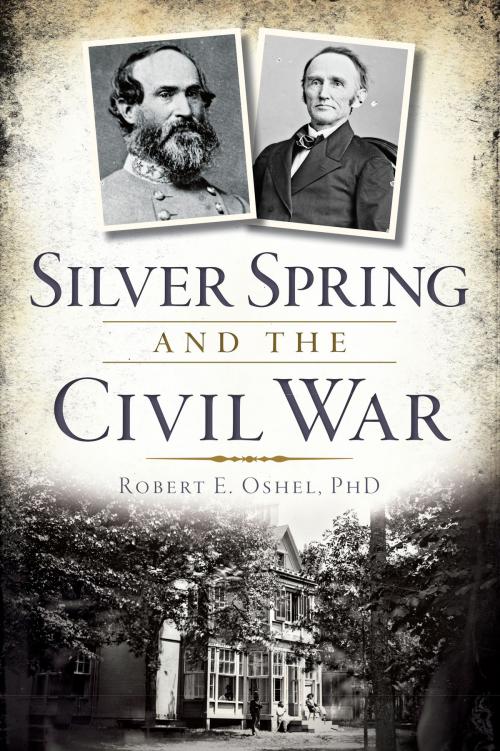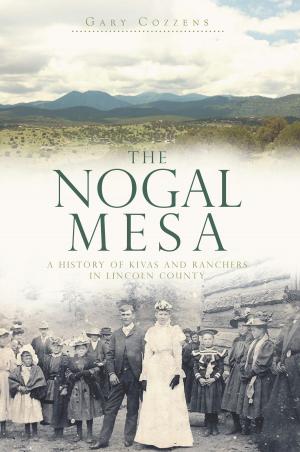| Author: | Robert E. Oshel PhD | ISBN: | 9781625849571 |
| Publisher: | Arcadia Publishing Inc. | Publication: | April 22, 2014 |
| Imprint: | The History Press | Language: | English |
| Author: | Robert E. Oshel PhD |
| ISBN: | 9781625849571 |
| Publisher: | Arcadia Publishing Inc. |
| Publication: | April 22, 2014 |
| Imprint: | The History Press |
| Language: | English |
On July 11, 1864, some residents cheered and others watched in horror as Confederate troops spread across the fields and orchards of Silver Spring, Maryland. Many fled to the capital while General Jubal Early's troops ransacked their property. The estate of Lincoln's postmaster general, Montgomery Blair, was burned, and his father's home was used by Early as headquarters from which to launch an attack on Washington's defenses. Yet the first Civil War casualty in Silver Spring came well before Early's raid, when Union soldiers killed a prominent local farmer in 1862. This was life in the shadow of the Federal City. Drawing on contemporary accounts and memoirs, Dr. Robert E. Oshel tells the story of Silver Spring over the tumultuous course of the Civil War.
On July 11, 1864, some residents cheered and others watched in horror as Confederate troops spread across the fields and orchards of Silver Spring, Maryland. Many fled to the capital while General Jubal Early's troops ransacked their property. The estate of Lincoln's postmaster general, Montgomery Blair, was burned, and his father's home was used by Early as headquarters from which to launch an attack on Washington's defenses. Yet the first Civil War casualty in Silver Spring came well before Early's raid, when Union soldiers killed a prominent local farmer in 1862. This was life in the shadow of the Federal City. Drawing on contemporary accounts and memoirs, Dr. Robert E. Oshel tells the story of Silver Spring over the tumultuous course of the Civil War.















